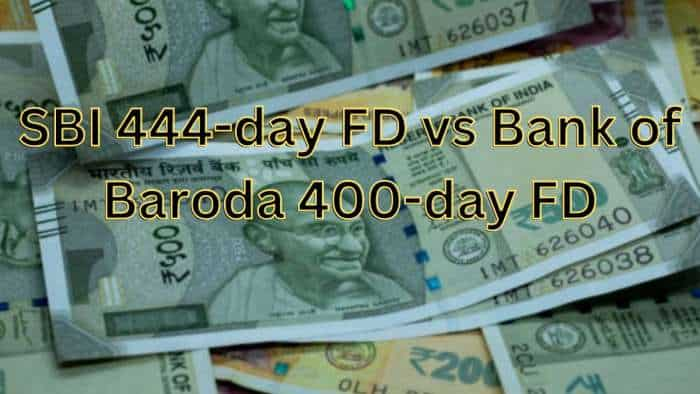Income, Investment and Tax: Your solution lies with ELSS Mutual Fund
Income, Investment and Tax: ELSS mutual funds investments are tax exempted under Section 80C of the Income Tax Act, but you should know that income above Rs 1 lakh under this scheme attracts LTCG tax.

Income, Investment and Tax: When someone earns an income and falls under a tax slab, he or she will have to invest so as to maximise income and thereby also avoid paying the taxman big amounts. Since it's just two days left for the earning individuals to file their ITR, it's advisable for them to count all investments properly and find which one would allow them maximum income tax benefits under various sections. However, be aware of the fact that all such investments will now be for the current fiscal as the previous one ended on 31st March, 2019.
The most popular section that is the talk of the town these days is Section 80C where one can claim income tax benefit on his or her investment up to Rs 1.5 lakh. In this section, ELSS Mutual Fund is one of the popular investment tools as it fetches more returns than debt investment tools like PPF, Bank FD etc.
See Zee Business Live TV streaming below:
Speaking on the ELSS Mutual Funds Manikaran Singh, a SEBI registered tax and investment expert said, "Under the Section 80C of the Income Tax Act, an earning individual can claim income tax benefit up to Rs 1.5 lakh investments falling under the ELSS mutual funds or equity-linked saving scheme mutual funds. However, the upper limit would be applicable under the ELSS mutual funds only when the earning individual hasn't invested in other Section 80C saving scheme."
Elaborating further on the income and taxation part involved in the ELSS mutual funds another SEBI registered tax and investment expert Jitendra Solanki said, "In ELSS mutual funds, an investor can expect at least 12 per cent return if the investment period is for 10 years or more. In this scheme, investment up to Rs 1.5 lakh is income tax exempted but its return is not 100 per cent tax exempted." Solanki went on to add that in ELSS mutual funds, one can claim income tax exemption up to Rs 1 lakh, income above Rs 1 lakh on ELSS mutual funds are taxed.
"In equity mutual funds, if the investment period is more than one year, the investor needs to pay the Long Term Capital Gains (LTCG) on his or her income (on above Rs 1 lakh) via this scheme. Since ELSS has a three year lock-in period, the investment falling under the ELSS mutual funds automatically qualifies an investor for the LTCG tax," concluded Jitendra Solanki.
Get Latest Business News, Stock Market Updates and Videos; Check your tax outgo through Income Tax Calculator and save money through our Personal Finance coverage. Check Business Breaking News Live on Zee Business Twitter and Facebook. Subscribe on YouTube.
04:19 PM IST











 Zomato gets Rs 803.4 crore tax demand from GST authorities
Zomato gets Rs 803.4 crore tax demand from GST authorities  Income tax refunds jump 46.3% to Rs 3.04 lakh crore in April-November
Income tax refunds jump 46.3% to Rs 3.04 lakh crore in April-November No proposal on income tax relief for senior citizens under consideration: Centre
No proposal on income tax relief for senior citizens under consideration: Centre  Income tax return filer base up 2.2 times in 10 years, 5 times growth in Rs 50 lakh-plus income category: Sources
Income tax return filer base up 2.2 times in 10 years, 5 times growth in Rs 50 lakh-plus income category: Sources  This is India's only tax-free state, residents earn crores without paying Income Tax
This is India's only tax-free state, residents earn crores without paying Income Tax